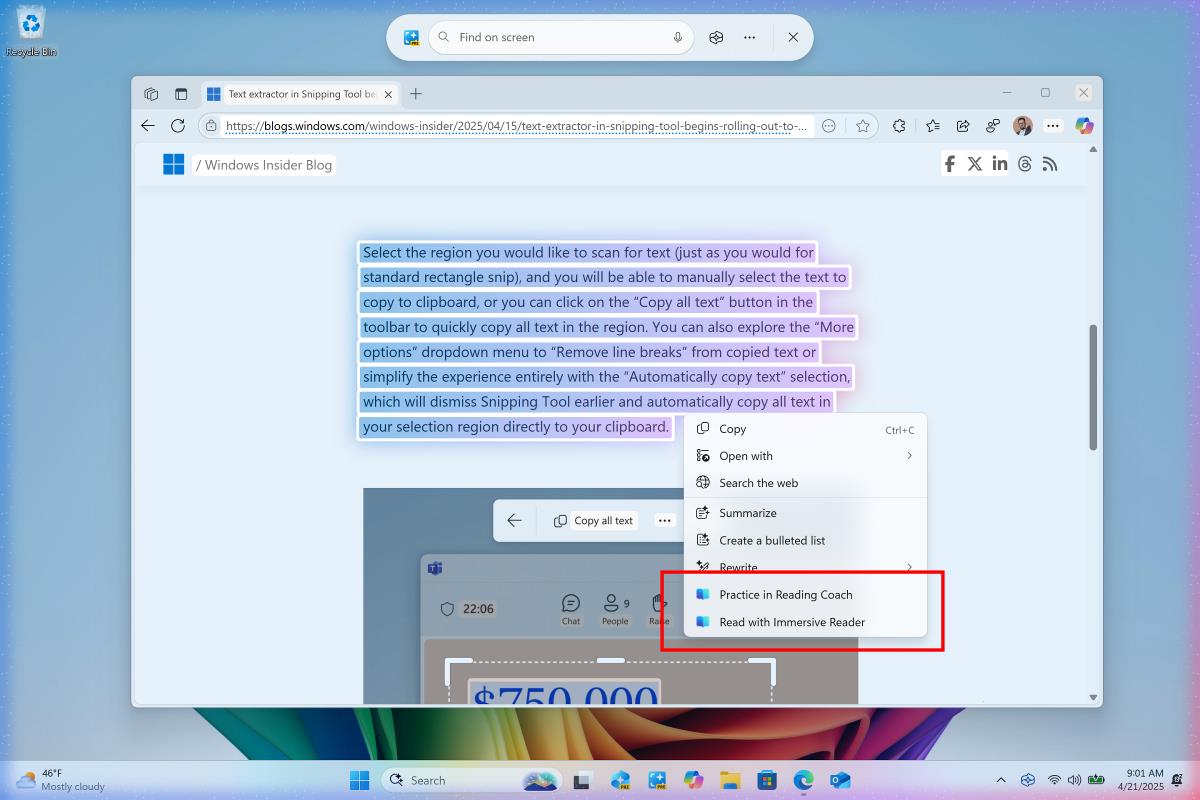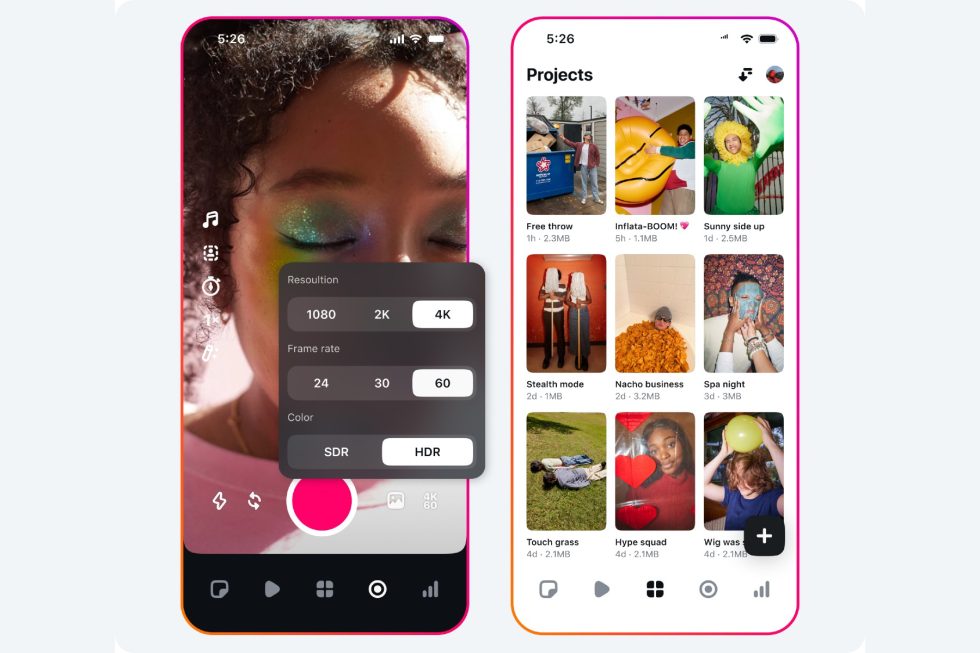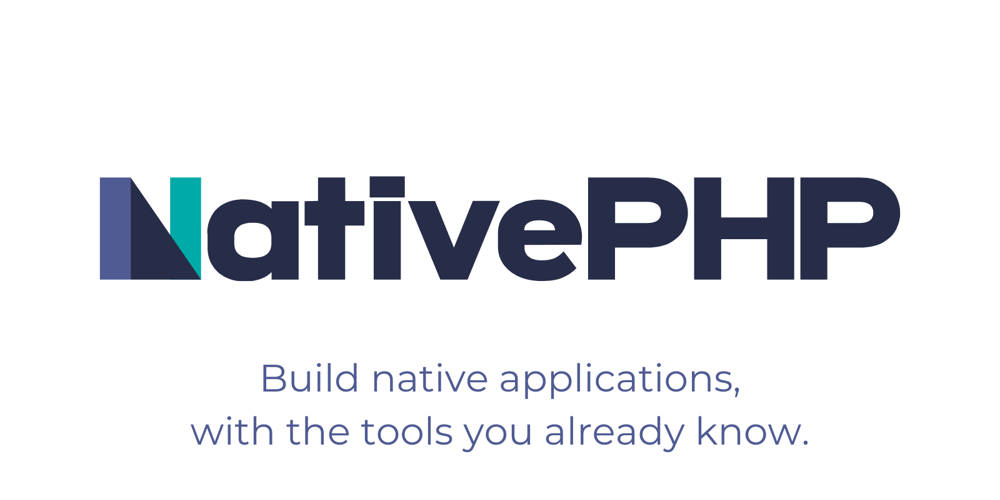LLMs in Business: What They Are and How to Use Them
Big Language Models, or LLMs, are no longer just buzzwords in the tech world. They are practical tools that are changing the way companies operate, communicate, and serve customers. From startups to enterprises, companies are beginning to realize the enormous potential these models offer. But what exactly is an LLM? And how can LLMs help your business grow, adapt, and thrive? Let's find out. What Is a Large Language Model? A large language model is a type of artificial intelligence trained to understand and generate human language. It reads huge amounts of text - books, websites, documents - and learns the patterns, meanings, and structures of the language. Think of it as a super-smart assistant that can read, write, summarize, translate, encode, and even brainstorm ideas. Models like OpenAI's GPT-4, Google's Gemini, or Meta's LLaMA are just a few examples making headlines today. These models aren't just intelligent - they're incredibly versatile. Why Businesses Are Paying Attention Business runs on communication. Whether it's emails, customer support, reports, marketing content, or internal documentation, clear language is at the core. That's where LLMs shine. But beyond words, LLMs bring speed, consistency, and a unique kind of intelligence. They can analyze data, automate tasks, and even offer strategic insights - at scale. In today's fast-paced environment, that's a serious advantage. Key Use Cases of LLMs in Business Let's take a look at how companies are already using LLMs in a meaningful way. Customer Support Automation LLMs can power chatbots and virtual agents that understand customer queries and respond naturally. Unlike traditional bots with canned responses, LLMs offer flexible, human-like responses. This reduces response times and increases satisfaction. Plus, your support team can focus on more complex issues. Content Creation and Marketing Struggling with blog posts, product descriptions, or ad copy? LLMs can generate fresh, creative content in seconds. You can use them to brainstorm campaign ideas, rewrite content for different audiences, or optimize SEO keywords. It's like having a team of writers on standby 24/7. Internal Knowledge Management Employees often waste time searching for information buried in documents or tools. LLMs can act as intelligent search assistants. Ask a question in plain language - "How do I apply for travel reimbursement?" - and get a clear answer immediately. No more digging through endless files. Data Analysis and Reporting Inputting raw data into an LLM can help create easy-to-understand dashboards, charts, or even strategic recommendations. This bridges the gap between data and decision making, especially for non-technical teams. This means faster insights, smarter choices. Training and Onboarding New employees often have a long list of questions. Instead of overwhelming managers, an LLM can act as a real-time training assistant. It can explain processes, policies, and tools - without the wait. This makes onboarding smoother and more consistent. More in our article: https://instandart.com/blog/ai-development/llms-in-business-what-they-are-and-how-to-use-them/

Big Language Models, or LLMs, are no longer just buzzwords in the tech world. They are practical tools that are changing the way companies operate, communicate, and serve customers. From startups to enterprises, companies are beginning to realize the enormous potential these models offer.
But what exactly is an LLM? And how can LLMs help your business grow, adapt, and thrive? Let's find out.
What Is a Large Language Model?
A large language model is a type of artificial intelligence trained to understand and generate human language. It reads huge amounts of text - books, websites, documents - and learns the patterns, meanings, and structures of the language.
Think of it as a super-smart assistant that can read, write, summarize, translate, encode, and even brainstorm ideas. Models like OpenAI's GPT-4, Google's Gemini, or Meta's LLaMA are just a few examples making headlines today. These models aren't just intelligent - they're incredibly versatile.
Why Businesses Are Paying Attention
Business runs on communication. Whether it's emails, customer support, reports, marketing content, or internal documentation, clear language is at the core. That's where LLMs shine.
But beyond words, LLMs bring speed, consistency, and a unique kind of intelligence. They can analyze data, automate tasks, and even offer strategic insights - at scale.
In today's fast-paced environment, that's a serious advantage.
Key Use Cases of LLMs in Business
Let's take a look at how companies are already using LLMs in a meaningful way.
- Customer Support Automation LLMs can power chatbots and virtual agents that understand customer queries and respond naturally. Unlike traditional bots with canned responses, LLMs offer flexible, human-like responses. This reduces response times and increases satisfaction. Plus, your support team can focus on more complex issues.
- Content Creation and Marketing Struggling with blog posts, product descriptions, or ad copy? LLMs can generate fresh, creative content in seconds. You can use them to brainstorm campaign ideas, rewrite content for different audiences, or optimize SEO keywords. It's like having a team of writers on standby 24/7.
- Internal Knowledge Management Employees often waste time searching for information buried in documents or tools. LLMs can act as intelligent search assistants. Ask a question in plain language - "How do I apply for travel reimbursement?" - and get a clear answer immediately. No more digging through endless files.
- Data Analysis and Reporting Inputting raw data into an LLM can help create easy-to-understand dashboards, charts, or even strategic recommendations. This bridges the gap between data and decision making, especially for non-technical teams. This means faster insights, smarter choices.
- Training and Onboarding New employees often have a long list of questions. Instead of overwhelming managers, an LLM can act as a real-time training assistant. It can explain processes, policies, and tools - without the wait. This makes onboarding smoother and more consistent.
More in our article: https://instandart.com/blog/ai-development/llms-in-business-what-they-are-and-how-to-use-them/
















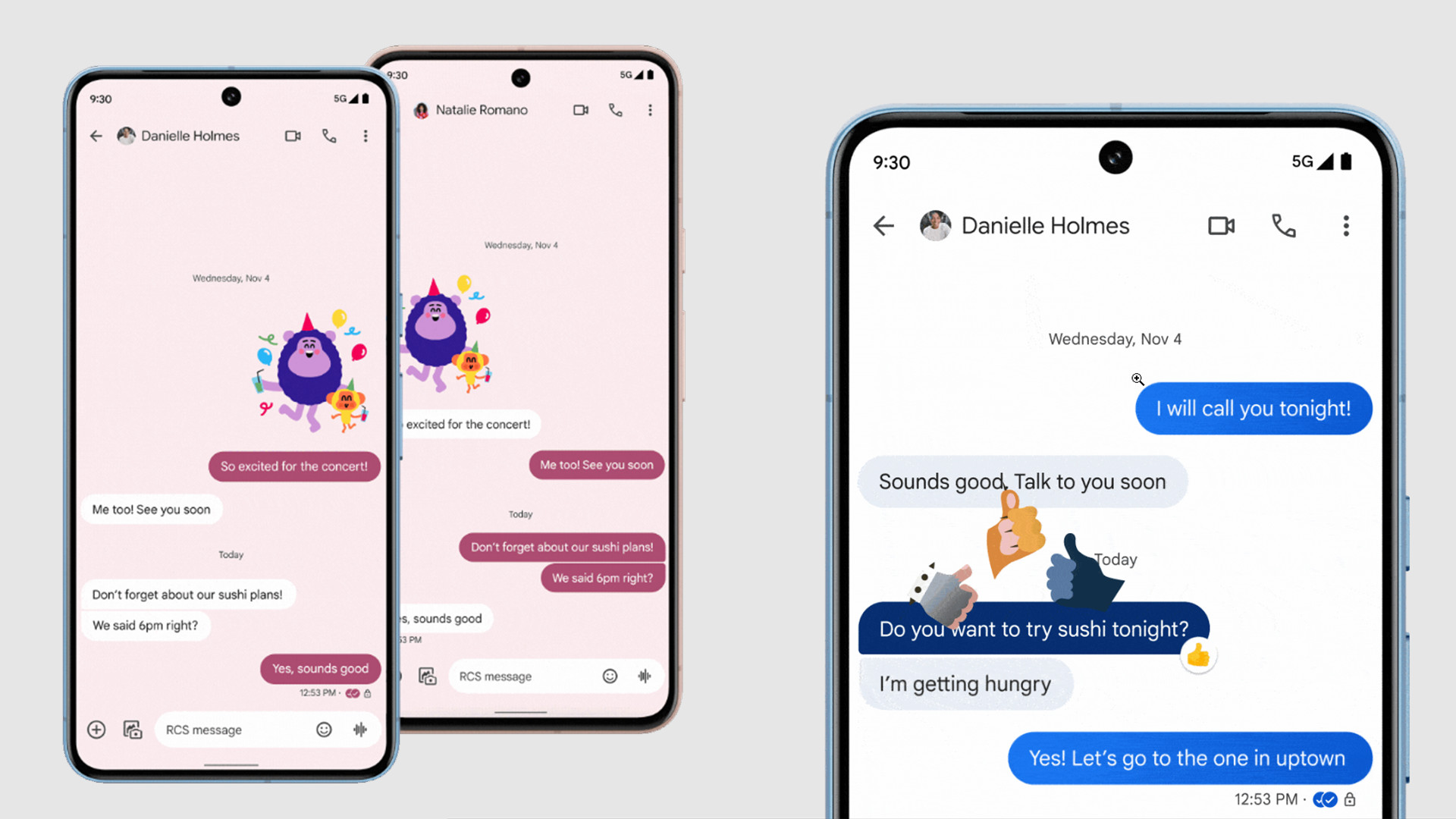


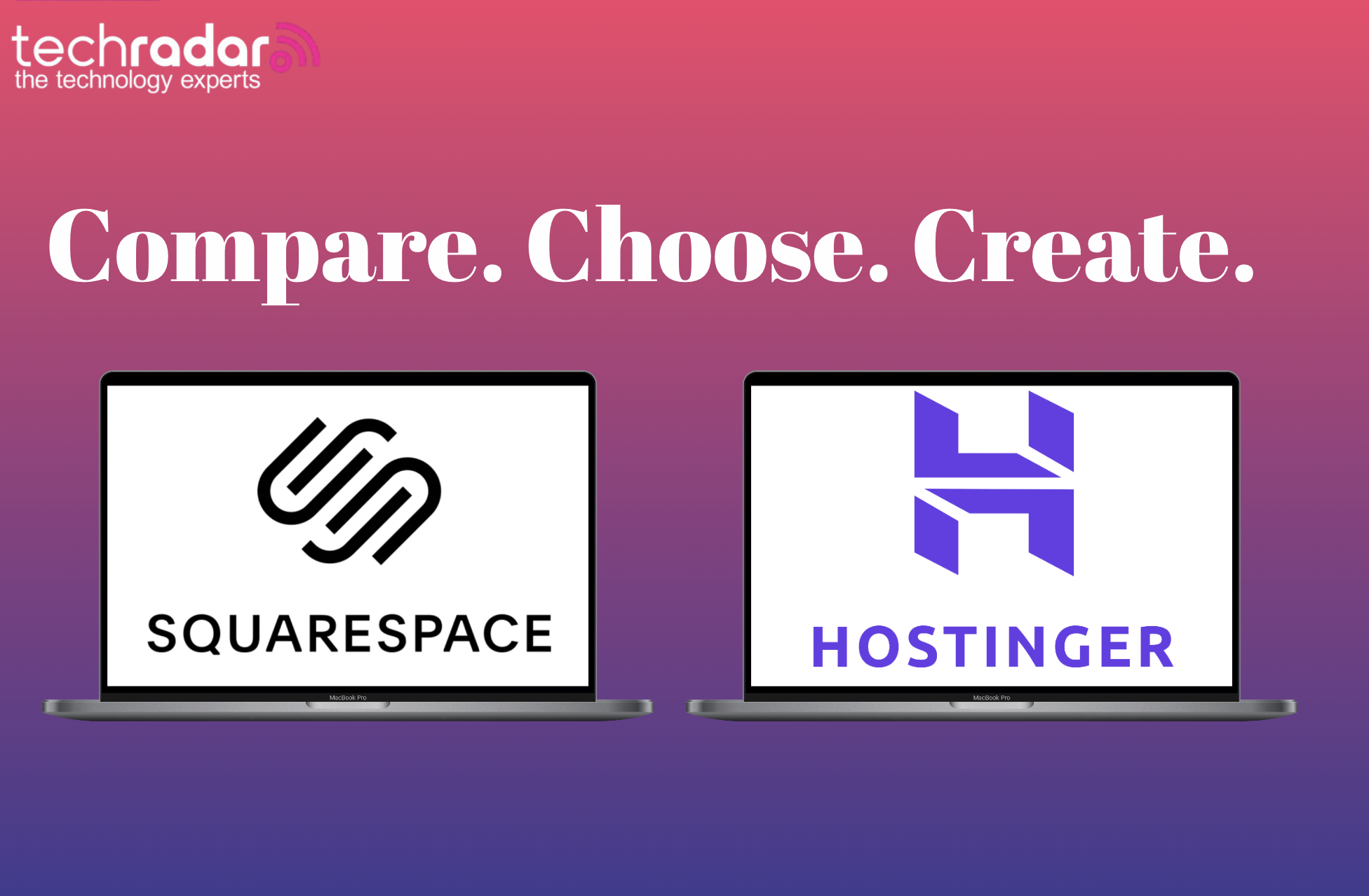


































.jpg)





















































































































![[The AI Show Episode 144]: ChatGPT’s New Memory, Shopify CEO’s Leaked “AI First” Memo, Google Cloud Next Releases, o3 and o4-mini Coming Soon & Llama 4’s Rocky Launch](https://www.marketingaiinstitute.com/hubfs/ep%20144%20cover.png)
























































































































































![BPMN-procesmodellering [closed]](https://i.sstatic.net/l7l8q49F.png)

























































































-All-will-be-revealed-00-35-05.png?width=1920&height=1920&fit=bounds&quality=70&format=jpg&auto=webp#)
-All-will-be-revealed-00-17-36.png?width=1920&height=1920&fit=bounds&quality=70&format=jpg&auto=webp#)
-Jack-Black---Steve's-Lava-Chicken-(Official-Music-Video)-A-Minecraft-Movie-Soundtrack-WaterTower-00-00-32_lMoQ1fI.png?width=1920&height=1920&fit=bounds&quality=70&format=jpg&auto=webp#)

























_Weyo_alamy.png?width=1280&auto=webp&quality=80&disable=upscale#)



















































































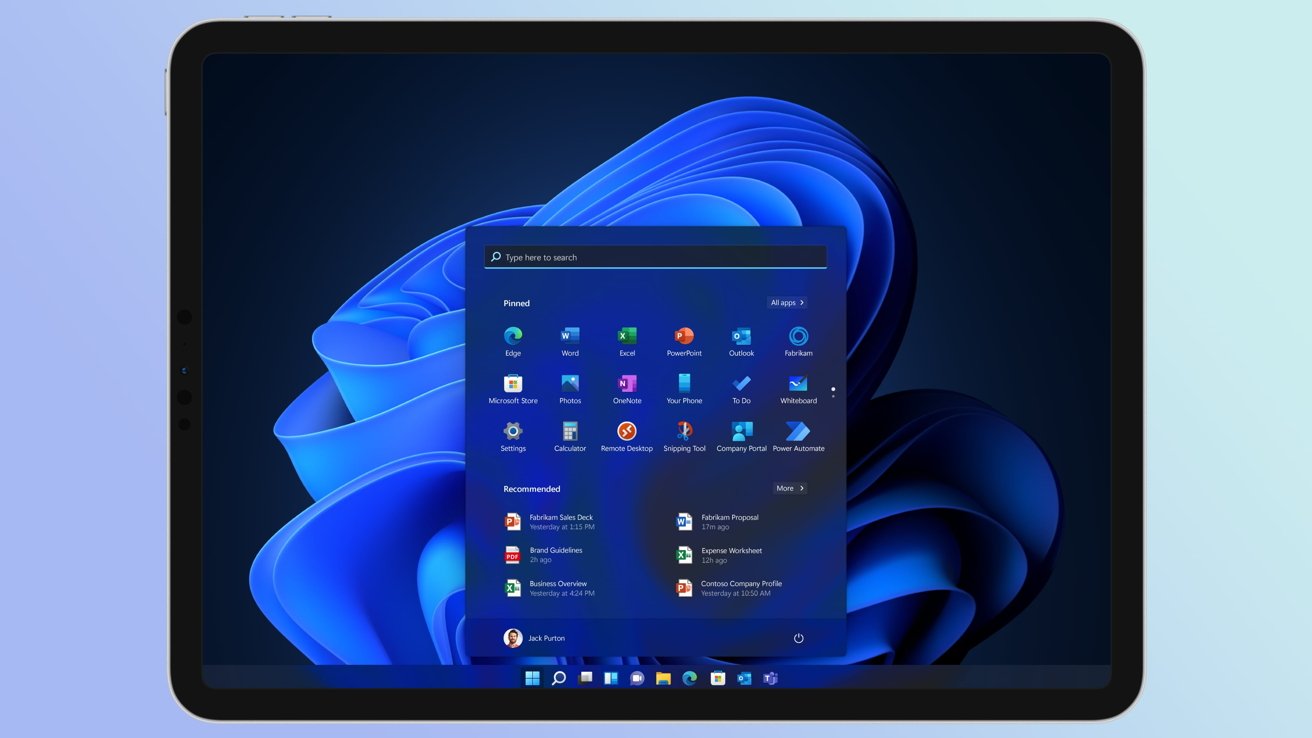










![What iPhone 17 model are you most excited to see? [Poll]](https://9to5mac.com/wp-content/uploads/sites/6/2025/04/iphone-17-pro-sky-blue.jpg?quality=82&strip=all&w=290&h=145&crop=1)

















![Hands-On With 'iPhone 17 Air' Dummy Reveals 'Scary Thin' Design [Video]](https://www.iclarified.com/images/news/97100/97100/97100-640.jpg)
![Mike Rockwell is Overhauling Siri's Leadership Team [Report]](https://www.iclarified.com/images/news/97096/97096/97096-640.jpg)
![Instagram Releases 'Edits' Video Creation App [Download]](https://www.iclarified.com/images/news/97097/97097/97097-640.jpg)
![Inside Netflix's Rebuild of the Amsterdam Apple Store for 'iHostage' [Video]](https://www.iclarified.com/images/news/97095/97095/97095-640.jpg)


















